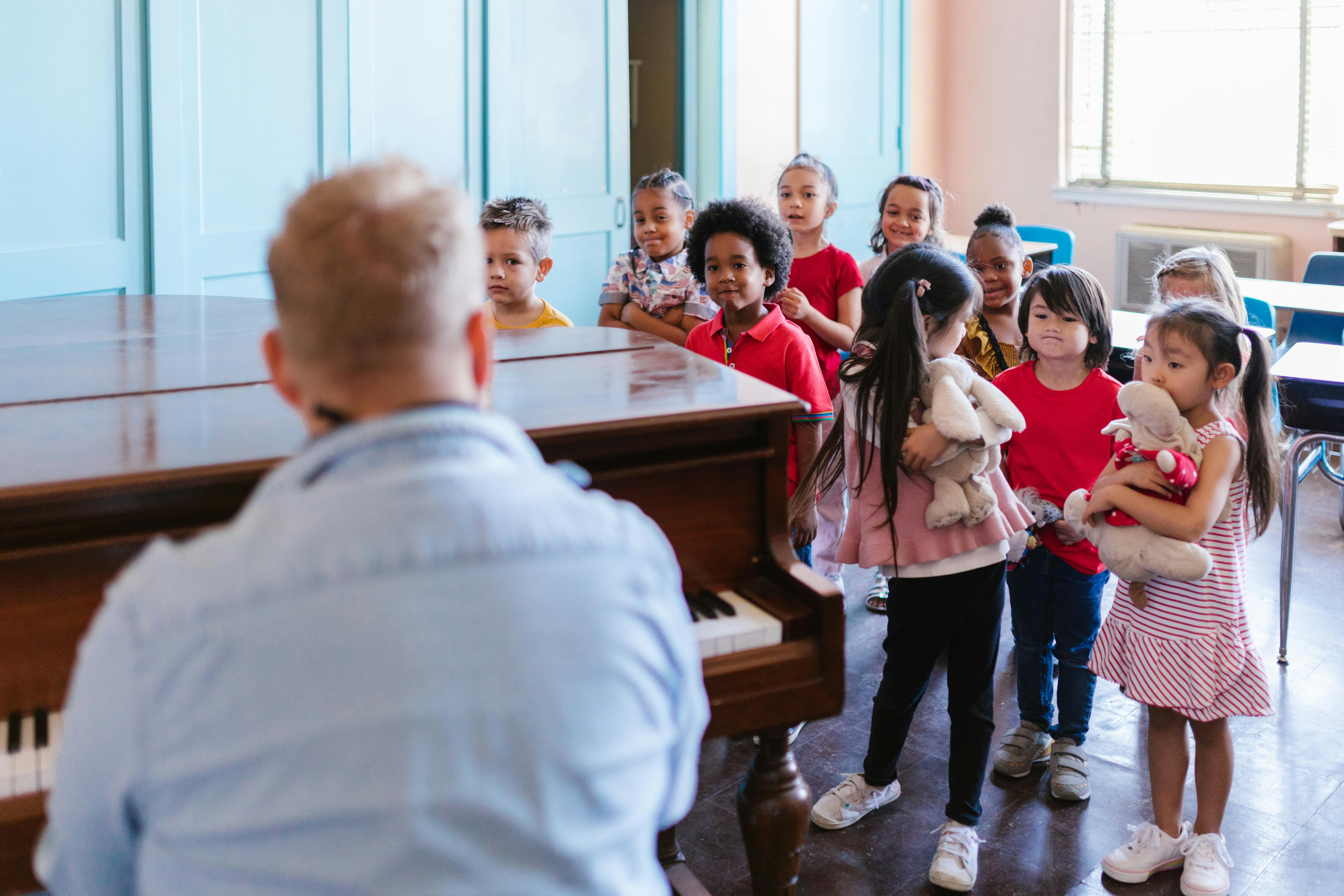Leo Yan
The death penalty, also known as capital punishment, has always been a matter of debate. The number of states that have and haven't banned it is nearly dead even, with 23 states having banned it (including Illinois) and 27 states who have kept it legal as of now. Currently, the main method of the death penalty is through lethal injection, but other methods such as using a gas chamber, execution by firing squad, electrocution, and hanging are all still used, albeit much less than lethal injection.
The main problems regarding the death penalty are morals and ethics. Since it is most used, the lethal injection will be explained here. The goal of the lethal injection is to let the prisoner have a painless death. Interestingly, lethal injection usually consists of 3 injections: an anesthetic, a paralytic drug, and a drug used to stop the heart. Other variations of lethal injections simply exploit anesthetic overdose to kill the prisoner. When these drugs are not available for a certain reason, states have often turned to older execution devices, such as the electric chair and the gas chamber.
Since capital punishment is obviously deadly, human rights organizations have argued against it on multiple occasions. According to Article 6 of the UN's International Covenant on Civil and Political Rights (ICCPR):
What these two excerpts mean is that capital punishment should only be used if absolutely necessary. Unfortunately, the UN decides not to specify what "...most serious crimes in accordance with the law in force..." means. Therefore, there's a gray area where the only way to approve the use of the death penalty is the personal judgment of the one in charge. Obviously, since everyone has their own opinions, there is always someone that will argue. However, the UN also conveniently states in the Second Optional Protocol to the ICCPR that "Nothing in [Article 6] shall be invoked to delay or to prevent the abolition of capital punishment by any State Party to the present Covenant." The UN has clearly tried to take a neutral stance on the matter by using vague phrasing and disallowing the usage of its protocols for abolishment, but also attempts to simultaneously prevent accidents by making countries only use the death penalty if strictly necessary.
A glaring issue that is very hard to solve, and therefore a main target of human rights organizations, is the probability of executing an innocence person. According to the Death Penalty Information Center (DPIC), 191 people that were executed were confirmed innocent. After taking a look at the DPIC's innocence database, the DPIC states that 103 out of 191 people (≈54%) that have been exonerated since 1973 were black. In Illinois, 22 people have been exonerated, which is second only to Florida (30 exonerations).
Additionally, many cases of innocent executions were caused by perjury (purposefully telling an untruth in court), false accusation, and official misconduct (abuse of power). The latter is self-explanatory, but perjury and false accusation are oftentimes caused by faulty interviewing techniques, such as suggestive ones. This means that many of the innocent executions were externally caused, so the death penalty isn't primarily, or at least entirely at fault.
In my opinion, the death penalty is necessary for a functionally safe society. I also believe the death penalty should be less lenient. Many murderers are currently alive in prison for life without parole. However, they can be released if pardoned or moved to a fixed term. Though I am subject to my own opinion, I believe that if one takes another's life, they should have their life taken away as well. It may be considered cruel, but I think having them rot in prison is too good. Suffering should be paid back in full unless under certain circumstances (like mental illnesses). There are many different possible definitions of justice, but since everyone has different ideas, I'm sure many would argue that my ideas are inhumane.
Sources:
https://deathpenaltyinfo.org/executions/methods-of-execution
https://deathpenaltyinfo.org/executions/lethal-injection
https://deathpenaltyinfo.org/policy-issues/human-rights
https://www.ohchr.org/en/instruments-mechanisms/instruments/international-covenant-civil-and-political-rights
https://deathpenaltyinfo.org/policy-issues/innocence
https://deathpenaltyinfo.org/policy-issues/innocence-database
.png)
.png)



